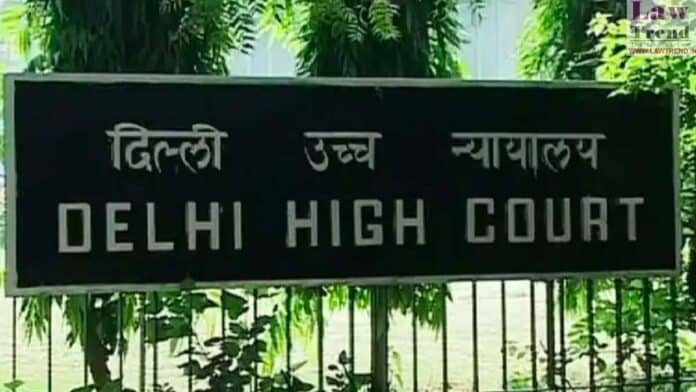The Delhi High Court Thursday refused to completely ban the sale of acid in the city, saying it could adversely affect businesses and individuals who require it for lawful purposes.
It directed the Delhi government to strictly implement the existing rules and regulations for the sale of acid and prevent its misuse for crime.
The high court said in cases of non-compliance of the rules or unlawful sale of acid, the authorities must take swift and decisive action against the offenders.
By imposing strict penalties on those found to be involved in the illegal sale or misuse of acid, the state authorities can create a deterrent effect and encourage compliance, it said.
“The issue demands continued vigilance and proactive measures. While a regulatory mechanism is in place, we believe much more needs to be done. The Delhi Poisons Possession and Sale Rules, 2015 incorporate provisions that permit sale of acid to vendors who are licensed at the discretion of the licensing authority. The license is issued only to applicants who demonstrate compliance with the stipulated provisions.
“These provisions must be diligently and strictly enforced, and the State must ensure effective safeguards to ensure that acid does not fall into the hands of offenders. Therefore, rather than striking down the 2015 rules or directing a complete ban, we direct the Delhi government to ensure proper implementation of the existing legal framework,” a bench of Chief Justice Satish Chandra Sharma and Justice Sanjeev Narula said.
The high court’s order came on a petition by an acid attack survivor, actively engaged in assisting such victims with aftercare, rehabilitation, legal recourse and pursuit of compensation, seeking for a total ban on over-the-counter sale of acid in retail stores across Delhi.
The petitioner contended that the ground reality remains unchanged and occurrences of such horrific attacks are on the rise due to unfettered and effortless access to acid.
To ascertain the prevailing situation and highlight the “inefficiency” on the part of the Delhi government in curbing and regulating the sale of acid, the petitioner conducted a fact-finding survey within the city by enlisting interns and volunteers, including minors, who were able to procure acid from almost every part of the national capital, without any difficulty.
The high court said a total ban on sale of acid could have unintended consequences, affecting sectors where acid is responsibly and safely utilised, and added that striking a balance between public safety and the legitimate uses of acid for industrial and other regulated purposes is crucial.
“Acid serves various legitimate uses and applications in different industries, and a blanket prohibition could inadvertently affect businesses and individuals who require it for lawful purposes,” it said.
Delhi government standing counsel Santosh Kumar Tripathi and lawyer Arun Panwar assured the court that the state is implementing the 2015 rules strictly and drew its attention to the reports received from districts indicating that 50 FIRs were registered with the Delhi Police between January 1, 2022 and May 20, 2023 against those found selling acid illegally.
The bench also directed the government to conduct a comprehensive empirical study aimed at assessing the potential consequences of a complete ban on acid sale on various sectors, individuals and businesses.
“Adopting an evidence-based approach will enable the State to better understand the existing policy, the ramifications of changes advocated by the petitioner and ascertain its impact on public safety, industry, and other legitimate uses of acid,” it said.
Also Read
It said engagement with various stakeholders, including advocacy groups, industry representatives, legal experts and medical professionals can provide valuable insights.
“Based on the findings of the empirical study, the Delhi government can analyse and identify any gaps or shortcomings in the existing regulatory scheme and take a well-informed decision,” it said.
The bench made it clear that its decision should not be construed as a complete closure to the debate on the issue and granted liberty to the petitioner to approach the court again in case of any breach in implementation of the regulations.
The bench appreciated the efforts put in by the petitioner woman and said “having personally experienced the traumatic impact of an acid attack, the petitioner’s dedication to aiding survivors demonstrates a deeper understanding of the issue and implications arising from unrestricted sale of acid. As an activist, her work is a testament to her commitment towards seeking justice, rehabilitation and societal support for acid attack survivors”.




